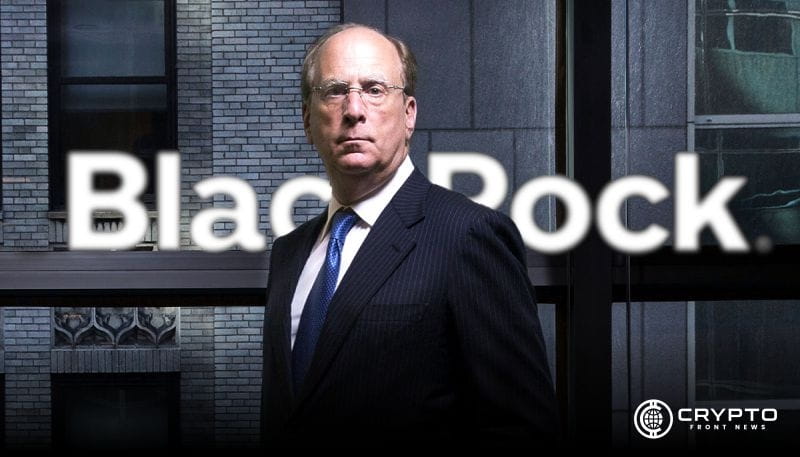
Fink says tokenizing ETFs and bonds could cut settlement costs and move investors into digital market infrastructure.
In-house tech aims to place assets like real estate and equities on chains such as Ethereum for broader liquidity.
IBIT surpassing $100B signals institutional adoption as funds explore tokenized retirement and investment products.
BlackRock is preparing to integrate digital asset infrastructure across its $13.4 trillion portfolio, with CEO Larry Fink confirming the firm has built proprietary technology to tokenize financial products. His remarks, made during a CNBC interview, framed tokenization as the next structural change in global markets.
He said the move aligns with rising interest in digital assets and builds on momentum from the firm’s spot Bitcoin ETF, IBIT, which he disclosed now holds more than $100 billion in assets. The shift comes as institutional participation in crypto-linked products increases and major asset managers explore blockchain settlement models.
Move Toward Digital Formats
Fink said the next phase for the company involves transitioning traditional assets into digital versions rather than issuing them only through legacy rails. He described a framework where products like stocks, bonds and exchange-traded funds would exist as tokens on blockchain networks.
According to Fox Business reporter Eleanor Terret, his comments emphasized moving “away from traditional financial assets” by repotting them into digital systems. This approach supports instant settlement and could reduce administrative costs tied to recordkeeping and transfers.
Expanding Access and Infrastructure
Fink suggested tokenized funds could draw new investors who already hold crypto but lack exposure to retirement products. He outlined a scenario where blockchain-based ETFs act as an entry point into long-term investment vehicles.
This aligns with broader interest in real-world asset tokenization, which has gained traction through products such as tokenized treasuries and equities. Ondo Finance, for instance, has issued tokenized U.S. Treasuries and stocks, demonstrating early use cases in this evolving sector.
Impact on Market Structure
The development of in-house tokenization technology may also influence how established platforms engage with decentralized finance infrastructure. Notably, Fink referenced liquidity potential across chains like Ethereum, where many tokenized instruments already operate.
He said asset classes from real estate to bonds could migrate to blockchain-based formats over time. This strategy also aligns with institutional expectations for faster settlement and cross-platform accessibility. While he did not name specific partner networks, his remarks pointed to broader adoption of on-chain rails for private and public market assets.
Fink stated that this transition represents “the next tens of years” for the company’s roadmap. His framing of tokenization focused on scale rather than experimentation, and he described the current environment as the start of a broader industry shift.
The post BlackRock Positions for a Tokenized Finance Shift as Fink Outlines Strategy appears on Crypto Front News. Visit our website to read more interesting articles about cryptocurrency, blockchain technology, and digital assets.


